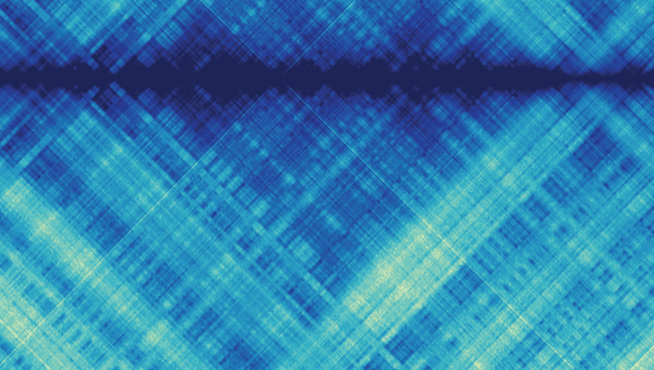Francesco Ferrari
Francesco Ferrari joined IFOM in 2015 and here he coordinates a new research group focusing on computational genomics.
Francesco Ferrari graduated in Medical Biotechnology at the University of Modena in 2004, with a thesis on microarray-based gene expression profiling of melanocytes from melanoma patients in the laboratory of prof. Enrico Tagliafico. From the beginning of his research activity, he experienced the limitations of standard informatics tools to address innovative biological questions using genome-wide data, thus he started working on custom computational methods.
During his doctoral studies in Biotechnology and Molecular Medicine he shifted the focus of his research activity to bioinformatics to identify chromatin domains with co-regulated expression, and to characterize their role in myeloid cells differentiation. He obtained his doctoral degree in 2008, working in the laboratory of prof. Sergio Ferrari at the University of Modena and Reggio Emilia. During a two years post-doctoral experience with professors Silvio Bicciato and Stefania Bortoluzzi at the University of Padova, he extended his previous work to discover co-expressed, co-regulated and co-localized gene modules. The finding that distant genomic regions can share coordinated expression patterns led to the interest in the role of epigenetics modifications and chromatin three-dimensional architecture in regulating genome functionality.
He had the opportunity to further explore these topics while working as a postdoctoral research associate for almost five years in prof. Peter J. Park group at Harvard Medical School from 2010, where he focused on novel methods for next generation sequencing data in epigenetics and gene expression studies. In particular he studied the genome-wide chromatin architecture rearrangements occurring around a key pluripotency gene (Nanog) during reprogramming of somatic cells to induced pluripotent stem cells. This work identified a pluripotency-specific interactome for Nanog, which is lost upon differentiation, and re-established during reprogramming. These genomic rearrangements precede gene expression changes associated to pluripotency, thus being pivotal for cell identity change. He also investigated again coordinated regulation of gene expression over large chromatin domains in an extreme case, as it is dosage compensation of sex chromosomes.
In 2015 he joined IFOM as group leader of the computational genomics laboratory. His group is particularly focused on understanding the role of chromatin organization and epigenetics in regulating gene expression, and how these mechanisms are altered in cancer.

